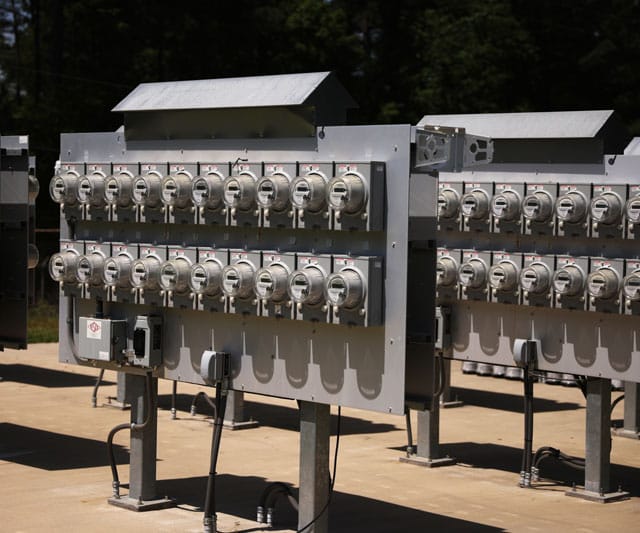Somebody once said that getting old is not for sissies. Not only are older adults vulnerable to age-related physical and cognitive ailments, but the kind of environment they live in can affect them more acutely than the young.
Research studies are underway at the MIT AgeLab, which studies the behavior of the 50-plus population, and elsewhere to identify how challenging environmental conditions affect the elderly and how to help those most vulnerable. This problem is pronounced in some of the country’s most popular hubs for retirement living.
For example, several generations ago, the elderly began flocking to Arizona for its heat and lack of humidity; now acute heat waves in the Grand Canyon State are making life for the elderly increasingly unhealthy.
Southern California has been a destination for affluent retirees for more than 60 years, but smog, pollution, wild fires, mudslides and flooding now threaten all citizens, especially the elderly with COPD, asthma and heart conditions.
Extreme-weather burden
Joseph F. Coughlin, Ph.D., founder and director, MIT AgeLab and a teacher at MIT, has voiced about climate change’s impact on seniors. Commenting on an assessment from the federal government’s U.S. Global Change Research Program, which noted the increase in extreme weather and climate events in recent decades and their likely persistence, Coughlin wrote, “Such a dire forecast portends more extreme weather events affecting everyone, but likely putting the well-being and economic security of older adults at greatest risk.”
During a recent MIT AgeLab webinar, “Climate Change and Health: Age and Intergenerational Considerations,” speaker Latrica Best, PhD, said federal initiatives are examining the elderly’s “vulnerability to the environment, and the link between intergenerational justice and climate change, and to see what are we doing to not harm people.”
Best is an associate professor with the Department of Sociology at Boston College and has a joint appointment in the African and African Diaspora Studies Program. Her expertise is in race and gender differences in population health across the life course
Among her examples, she noted that exhaust emissions from cars and the smog they create in Los Angeles have especially contributed to the vulnerability of adults in their 70s and older with chronic conditions such as heart and lung disease.
More research needed
Best said it’s important to study all members of diverse households to measure the relationship among generations to climate change and the environment.
“And when looking at the health among generations, we should find ways to create activism and support to create health equity,’’ she said.
Toward that end, Best said researchers and investigators could ask residents of communities at risk what concerns them about their environment. She said parts of New York and New Jersey are among the regions being studied because of their greater risk for inequity in air and water quality.
More robust participation by academia into the study of older Black Americans living in disadvantaged communities is needed to understand climate change and health, she said.
Recent heat waves in Boston have revealed older adults’ vulnerability to acute heat, Best said, especially in the city’s hottest neighborhoods, such as Chinatown.
“We’re thinking about what that means to people of color, about the interconnectivity to health concerns such as respiratory illness, infectious diseases, food and water contamination,’’ she said.
Cognitive concerns, too
Best’s work also includes studying if weather-related changes are exacerbating chronic health problems in older adults, including mental and cognitive decline.
“But how do you get people involved and thinking about what actions they can take now to help everyday life now — as well as what will they do about the future?
“There also needs to be a fostering of intergenerational networks that speak to the concerns of how aging intersects with racial identity and how that plays out in communities,’’ said Best.
Inequities in health can be evaluated by looking at the experiences of older generations and the current status of younger generations. This will give insight into how future generations will be treated, she said, if changes are not made.
“You can actually ensure there are policies that are put in place now that aren’t harming people later on. There’s not a lot of intergenerational studies of health that look at and see the desperate impacts that are occurring now. All people are entitled to equity in health and environmental regulations,’’ she said.
In a four-decade career in journalism, Eleanor O’Sullivan has reviewed many books on best practices for financial advisors, has written for Financial Advisor and the USA Today network, and was the movie critic for the Asbury Park Press.







